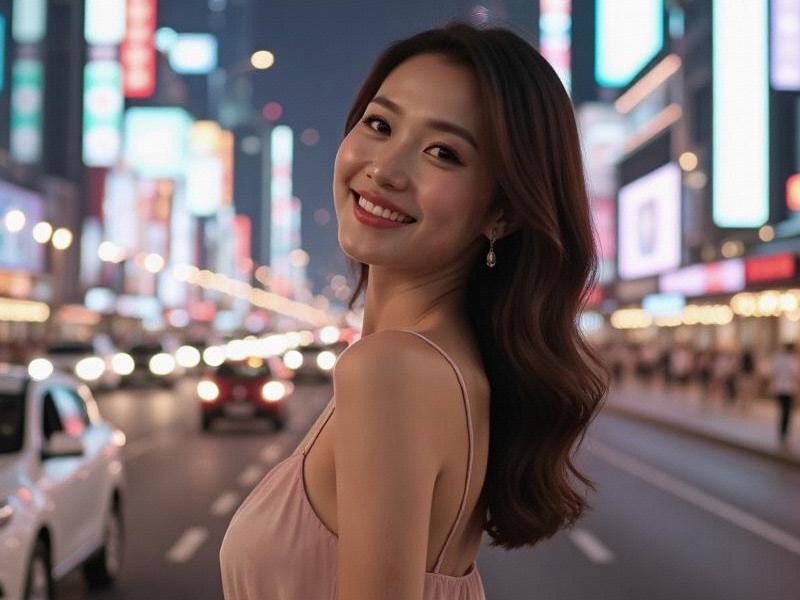The Shanghai Paradox: Where Financial Prowess Meets Cultural Renaissance
⏱ 2025-05-31 00:11 🔖 爱上海娱乐联盟
📢0℃

Section 1: The Financial-Cultural Feedback Loop
Economic foundations enabling cultural growth:
- Municipal cultural budget increased 300% since 2015
- 42% of fintech firms investing in creative technologies
- How the stock exchange indirectly funds avant-garde art
- The surprising cultural ROI from financial district development
Section 2: Architectural Alchemy
Physical manifestations of the paradox:
- The Bund's historic banks housing contemporary galleries
上海水磨外卖工作室 - Lujiazui's skyscrapers incorporating traditional garden spaces
- Former factories transformed into design incubators
- Underground cultural spaces beneath financial centers
Section 3: The New Creative Economy
Innovation at the intersection:
- Blockchain applications in art authentication
- AI-assisted traditional Chinese painting
- Financial district lunch hours becoming mini cultural festivals
- How commerce fuels experimental theater
上海夜生活论坛
Section 4: Policy Innovations
Government's dual-track approach:
- Cultural tax incentives for corporations
- Financial literacy programs for artists
- Hybrid zoning allowing commercial-cultural mixed use
- The "Creative CBD" initiative's measurable impacts
Section 5: Global-Local Tensions
上海品茶工作室 Navigating contradictions:
- Western finance vs. Chinese cultural values
- Traditional crafts in digital marketplaces
- Global brands funding local heritage projects
- How Shanghainese dialect survives in international firms
Conclusion: The Shanghai Model
Key lessons emerging:
- Why cultural investment strengthens financial sectors
- How to avoid "generic global city" syndrome
- The economic value of maintaining local identity
- Why Shanghai's approach can't be easily replicated
Shanghai’s Fintech Renaissance: Where Bund Architecture Hosts Blockchain Revolution【外滩18号的秘密:百年建筑里的爵士复兴】Shanghai 4450: Quantum Nightlife Nexus and the Galactic Entertainment Singularity《夜上海的华丽转身:从百乐门到外滩十八号》《夜上海的三个瞬间:从礼查饭店到复兴艺术中心》Shanghai’s Quantum Nightlife: Where Imperial Gardens Host Blockchain-Powered Revelries【钢与梦的交响:上海天际线的百年叙事】Shanghai’s Green Renaissance: Where Ancient Waterways Fuel Quantum Innovation【灶披间到智能厨房:上海弄堂里的烟火进化史】Shanghai 4550: Quantum Delta Renaissance and the Galactic Sustainability Matrix

